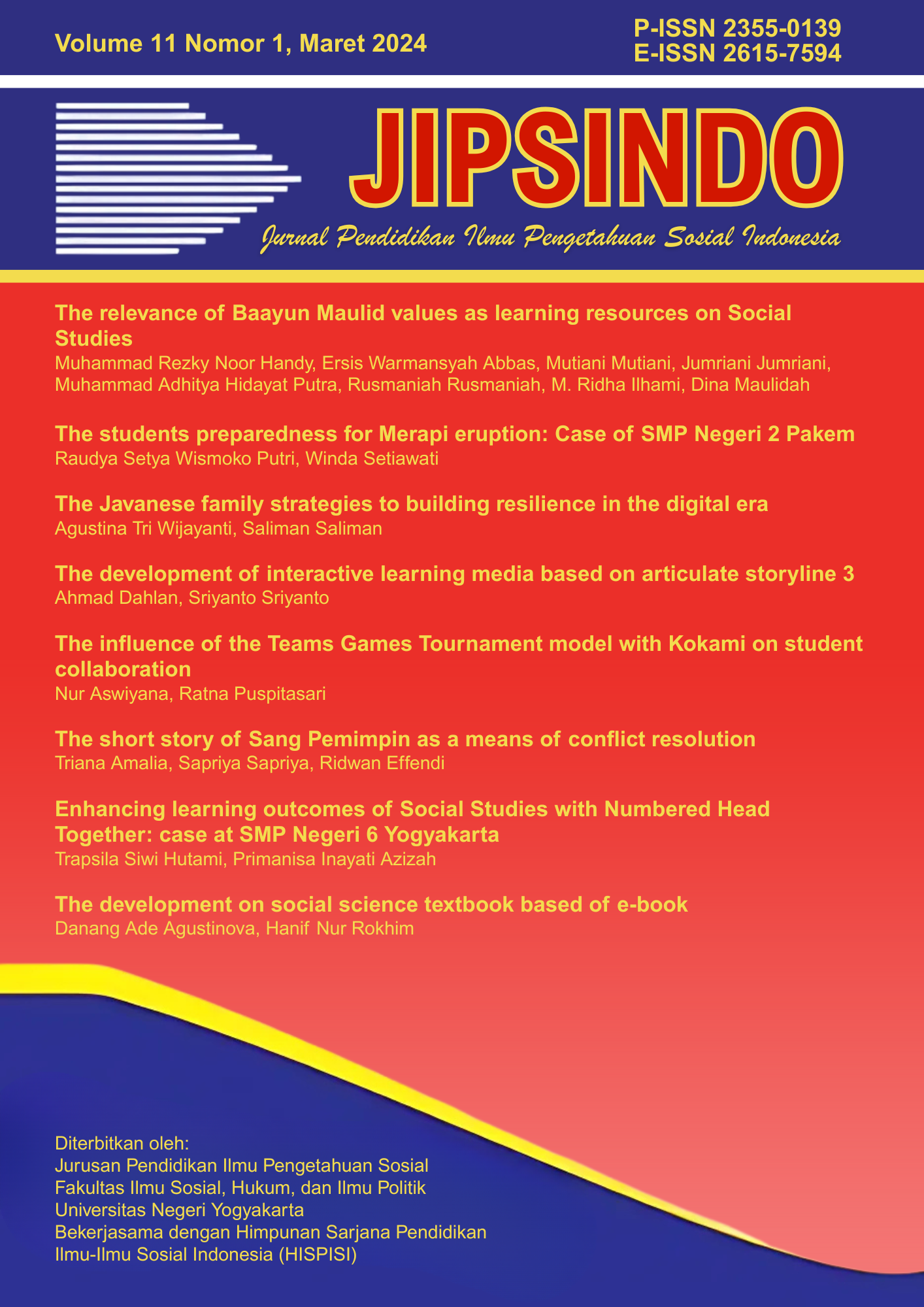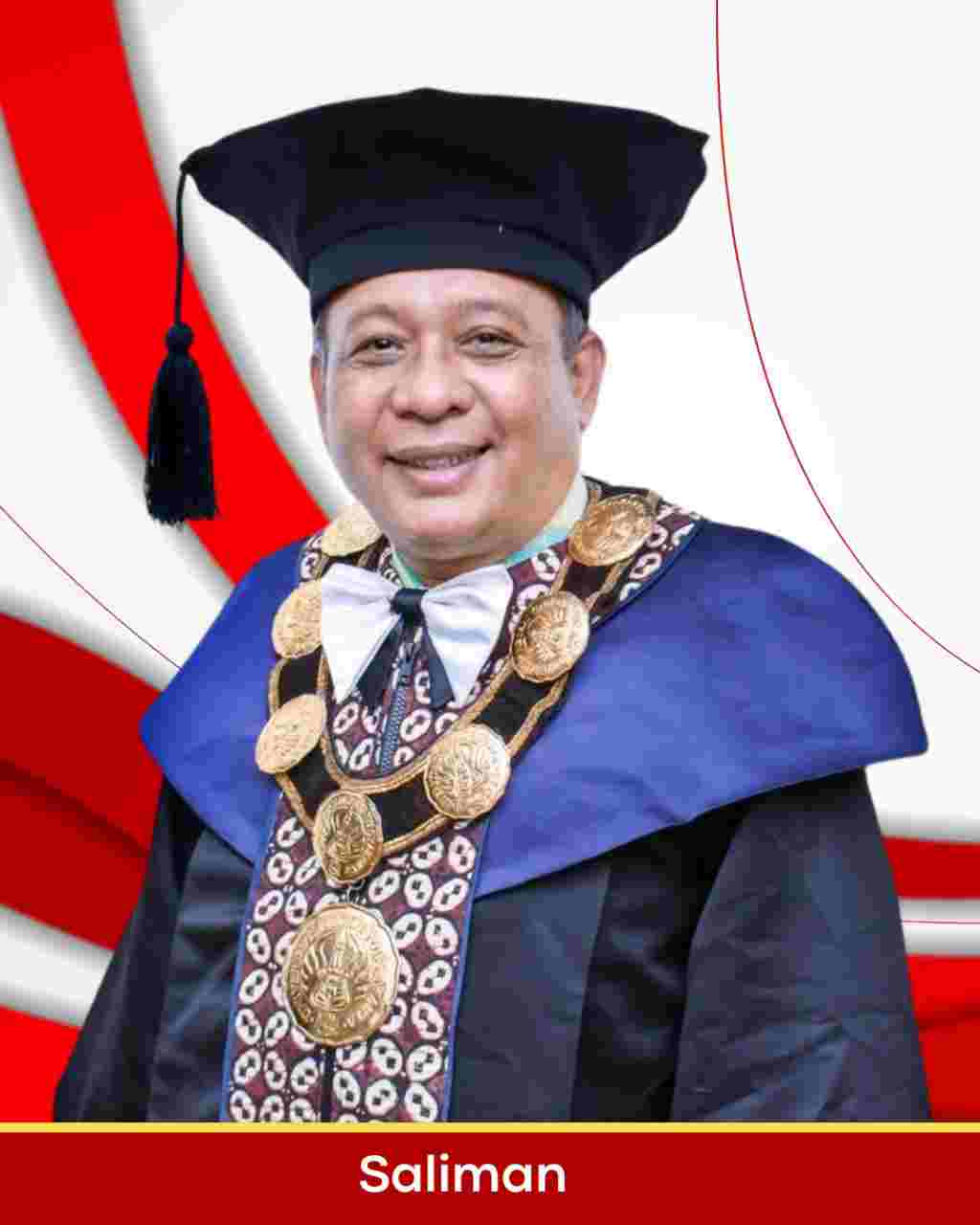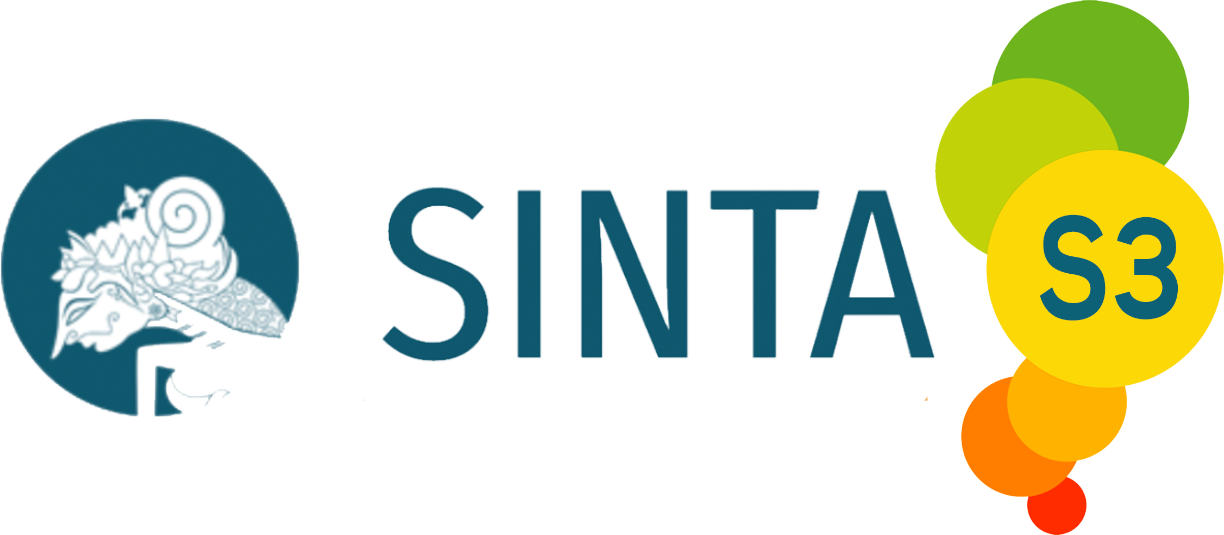The relevance of Baayun Maulid values as learning resources on Social Studies
DOI:
https://doi.org/10.21831/jipsindo.v11i1.62523Keywords:
Baayun Maulid, Social Studies Learning Resources,Abstract
References
Abbas, E. W. (2013). Mewacanakan Pendidikan IPS. Wahana Jaya Abadi.
Abbas, E. W. (2018). Penguatan Pendidikan IPS Di Tengah Isu-Isu Global.
Abbas, E. W., Mutiani, M., & Nugraha, D. S. (2018). Social values in Zainal ilmi biography as learning source of social studies. The 3rd ISSSHE International Seminar Sosial Studies & History Education "Promoting The 21st Century Skills in Social Studies."
Abbas, E. W., Winarso, H. P., & Meilina, N. (2019). Religious Activities at Sultan Suriansyah Mosque, Banjarmasin. The Innovation of Social Studies Journal, 1(1), 55–64. https://doi.org/10.20527/iis.v1i1.1368
Afifuddin, & Saebani, B. A. (2009). Metodologi Penelitian Kualitatif. Pustaka Setia.
Anton, & Marwati. (2015). Ungkapan Tradisional dalam Upacara Adat Perkawinan Masyarakat Bajo Pulau Bulu Kabupaten Muna Barat. Jurnal Humanika, 3(15), 1–12.
Creswell, J. W. (2010). Research Design Pendekatan Kualitatif, Kuantitatif, dan Mixed. Pustaka Pelajar.
Daud, A. (1997). Islam dan Masyarakat Banjar; Deskripsi dan Analisa Kebudayaan. PT. Raja Grafindo Persada.
Eka, D., Fitriana, N., Amelia, E., Marianingsih, P., Biologi, P., Sultan, U., & Tirtayasa, A. (2017). Penyusunan modul pembelajaran berbasis sains teknologi dan masyarakat (stm) pada konsep bioteknologi (Sebagai Bahan Ajar Siswa SMA Kelas XII). Biosfer: Jurnal Pendidikan Biologi, 10(2), 60–72. https://doi.org/10.21009/BIOSFERJPB.10-2.8
Gunawan, I. (2014). Metode Penelitian Kualitatif. Bumi Aksara.
Handy, M. R. N., Mutiani, M., Putra, M. A. H., & Jumriani, J. (2020). The Religious Values in Tradition of Batahlil in Banjar Pahuluan Community. The Kalimantan Social Studies Journal, 2(1), 39–47. https://doi.org/10.20527/KSS.V2I1.2462
Jamalie, Z. (2014). Akulturasi dan kearifan lokal dalam tradisi baayun maulid pada masyarakat Banjar. El-HARAKAH (TERAKREDITASI), 16(2), 234. https://doi.org/10.18860/EL.V16I2.2778
Jumriani, J., Mutiani, M., Putra, M. A. H., Syaharuddin, S., & Abbas, E. W. (2021). The Urgency of Local Wisdom Content in Social Studies Learning: Literature Review. The Innovation of Social Studies Journal, 2(2), 103–109. https://doi.org/10.20527/IIS.V2I2.3076
Moleong, L. J. (2002). Metode Penelitian Kualitatif. Remaja Rosdakarya.
Mutiani, M., & Nugraha, D. S. (2019). Social Capital dan Tantangan Abad 21 : Kontrubusi Pendidikan IPS dan Eksplorasi Nilai Sosial melalui Biografi K.H. Zainal Ilmi. SOSIO DIDAKTIKA: Social Science Education Journal, 6(1), 1–10.
Mutiani, M., & Subiyakto, B. (2019). Social Capital in Social Studies Through Zoning School System. International Journal Pedagogy of Social Studies, 4(2), 95–100. https://doi.org/10.17509/ijposs.v4i2.21491
Mutiani, M., & Utami, N. H. (2014). Pengembangan Kemampuan Berpikir Divergen Melalui Kesadaran Lingkungan dalam Pembelajaran IPS. International Seminar The Social Studies Contribution to Reach Periodic Environmental Education into Stunning Generation 2045 Proceedings SEE EXPO Social Studies Olimpiade-Workshop for Eco-School.
Salamah, S., Wiramanggala, A. N., Aprilianti, A. D., Tunissa, I. F., & Nugraha, D. (2022). Pengembangan media audio-visual IPS. JIPSINDO (Jurnal Pendidikan Ilmu Pengetahuan Sosial Indonesia), 9(2), 145–153. https://doi.org/10.21831/JIPSINDO.V9I2.49251
Sapriya, S. (2012). Pendidikan IPS: Konsep dan Pembelajaran. Remaja Rosdakarya.
Soekanto, S. (2015). Sosiologi Suatu Pengantar. Raja Grafindo Persada.
Subiyakto, B., & Mutiani, M. (2019). Internalisasi nilai pendidikan melalui aktivitas masyarakat sebagai sumber belajar ilmu pengetahuan sosial. Khazanah: Jurnal Studi Islam Dan Humaniora, 17(1), 137. https://doi.org/10.18592/KHAZANAH.V17I1.2885
Sugiyono, S. (2021). Memahami Penelitian Kualitatif. Alfabeta.
Supardi, S., Widiastuti, A., & Saliman, S. (2015). Pengembangan media pembelajaran ips terpadu berbasis audiovisual. JIPSINDO. https://doi.org/10.21831/JIPSINDO.V0I0.4521
Swayze, N. (2007). Bridging the gap: Engaging inner-city youth in stewardship using principles of indigenous science. Proceedings of the 2007 NAAEE Conference.
Syaharuddin, S., Handy, M. R. N., Mutiani, M., Abbas, E. W., & Subiyakto, B. (2021). The Social Capital of Banjar Community in The Implementation of Religious Rituals: A Literature Study. The Innovation of Social Studies Journal, 3(1), 76–82. https://doi.org/10.20527/IIS.V3I1.3992
Syaharuddin, S., & Mutiani, M. (2020). Strategi Pembelajaran IPS; Konsep dan Aplikasi. Program Studi Pendidikan IPS FKIP ULM.
Syarif, H., Subiyakto, B., & Rahman, A. M. (2020). The Use Videos of Wood Bussines Seller of Galam (Melaleuca Cajuputi) as a Learning Resource on Social Studies. The Kalimantan Social Studies Journal, 2(1), 9–14. https://doi.org/10.20527/KSS.V2I1.2458
Sztompka, P. (2007). Sosiologi Perubahan Sosial. Prenada Media Group.
Wahidmurni, W. (2017). Metodologi Pembelajaran IPS: Pengembangan Standar Proses Pembelajaran IPS di Sekolah/Madrasah. Ar-Ruzz Media.
Widhayanti, A., & Abduh, M. (2021). Peningkatan Motivasi Belajar Melalui Media Audiovisual Berbantuan Power Point Pada Peserta Didik Di Sekolah Dasar. EDUKATIF : JURNAL ILMU PENDIDIKAN, 3(4), 1587–1593. https://doi.org/10.31004/EDUKATIF.V3I4.627
Yusuf, A. M. (2017). Metodologi Penelitian Kuantitatif, Kualitatif & Penelitan Gabungan. Prenadamedia Group.
Downloads
Published
How to Cite
Issue
Section
Citation Check
License
Authors who publish with this journal agree to the following terms:
- Authors retain copyright and grant the journal right of first publication with the work simultaneously licensed under a Creative Commons Attribution License that allows others to share the work with an acknowledgement of the work's authorship and initial publication in this journal.
- Authors are able to enter into separate, additional contractual arrangements for the non-exclusive distribution of the journal's published version of the work (e.g., post it to an institutional repository or publish it in a book), with an acknowledgement of its initial publication in this journal.
- Authors are permitted and encouraged to post their work online (e.g., in institutional repositories or on their website) prior to and during the submission process, as it can lead to productive exchanges, as well as earlier and greater citation of published work (See The Effect of Open Access).

JIPSINDO (Jurnal Pendidikan Ilmu Pengetahuan Sosial Indonesia) is licensed under a Creative Commons Attribution-ShareAlike 4.0 International License.
Based on a work at https://journal.uny.ac.id/index.php/jipsindo.
















